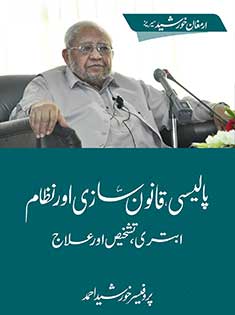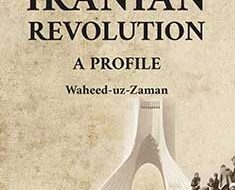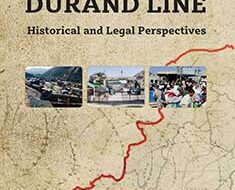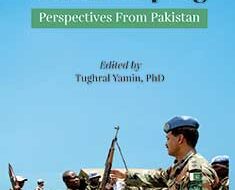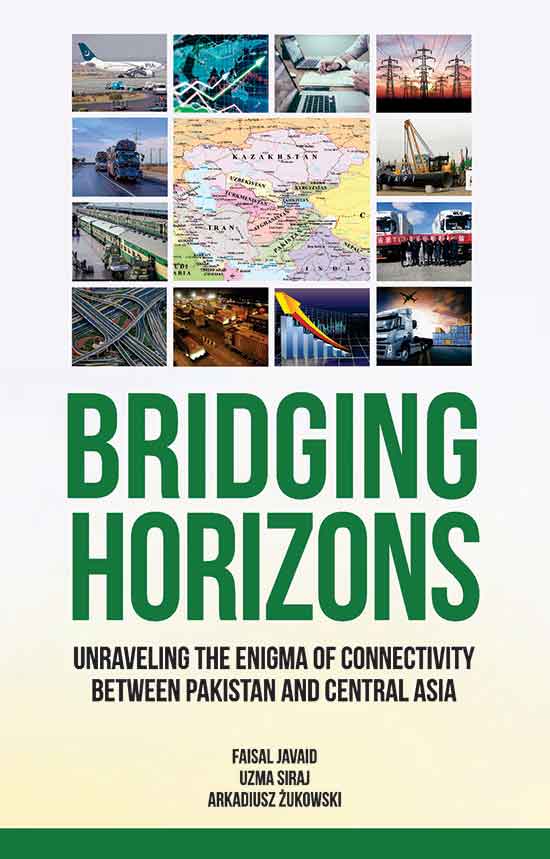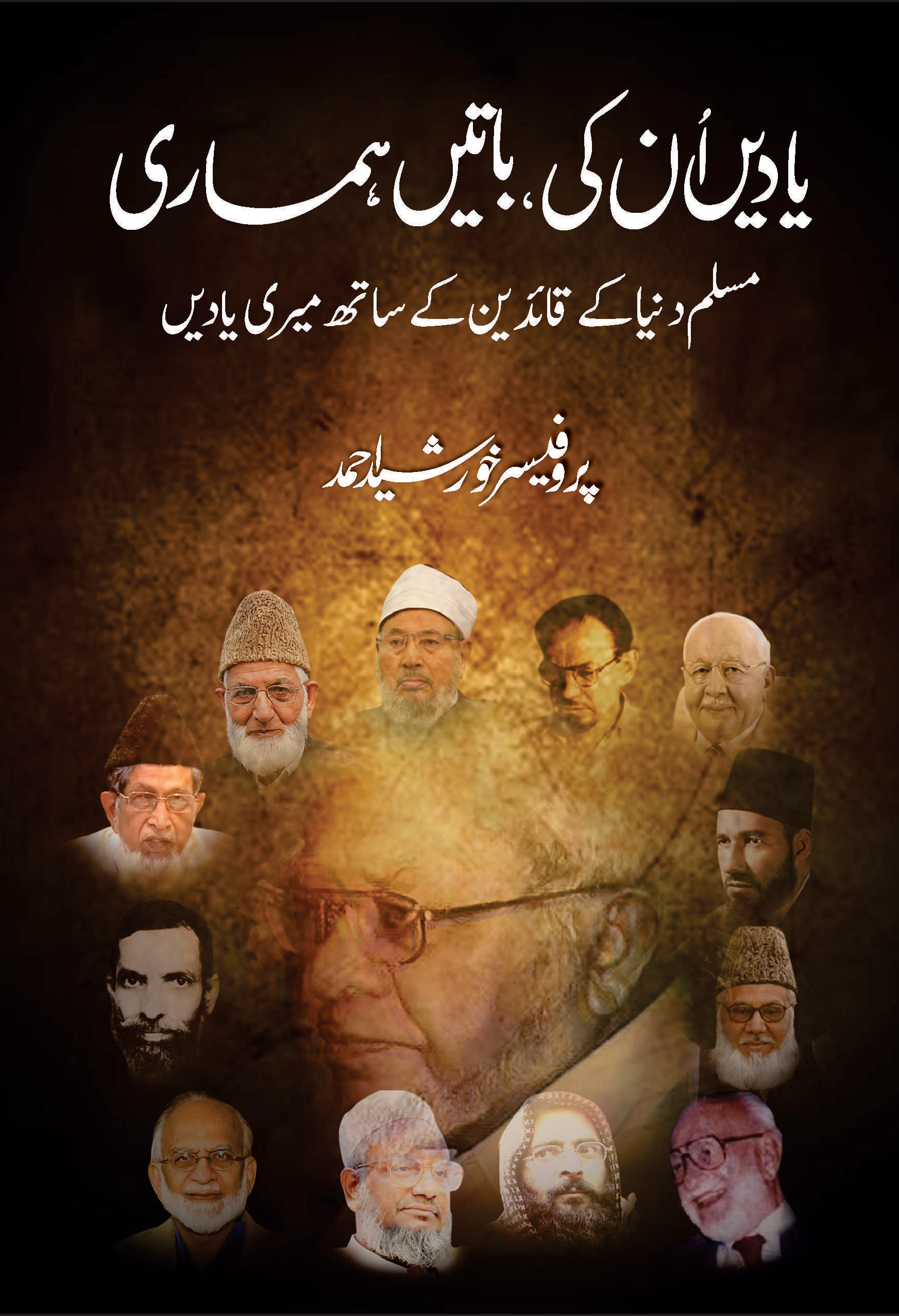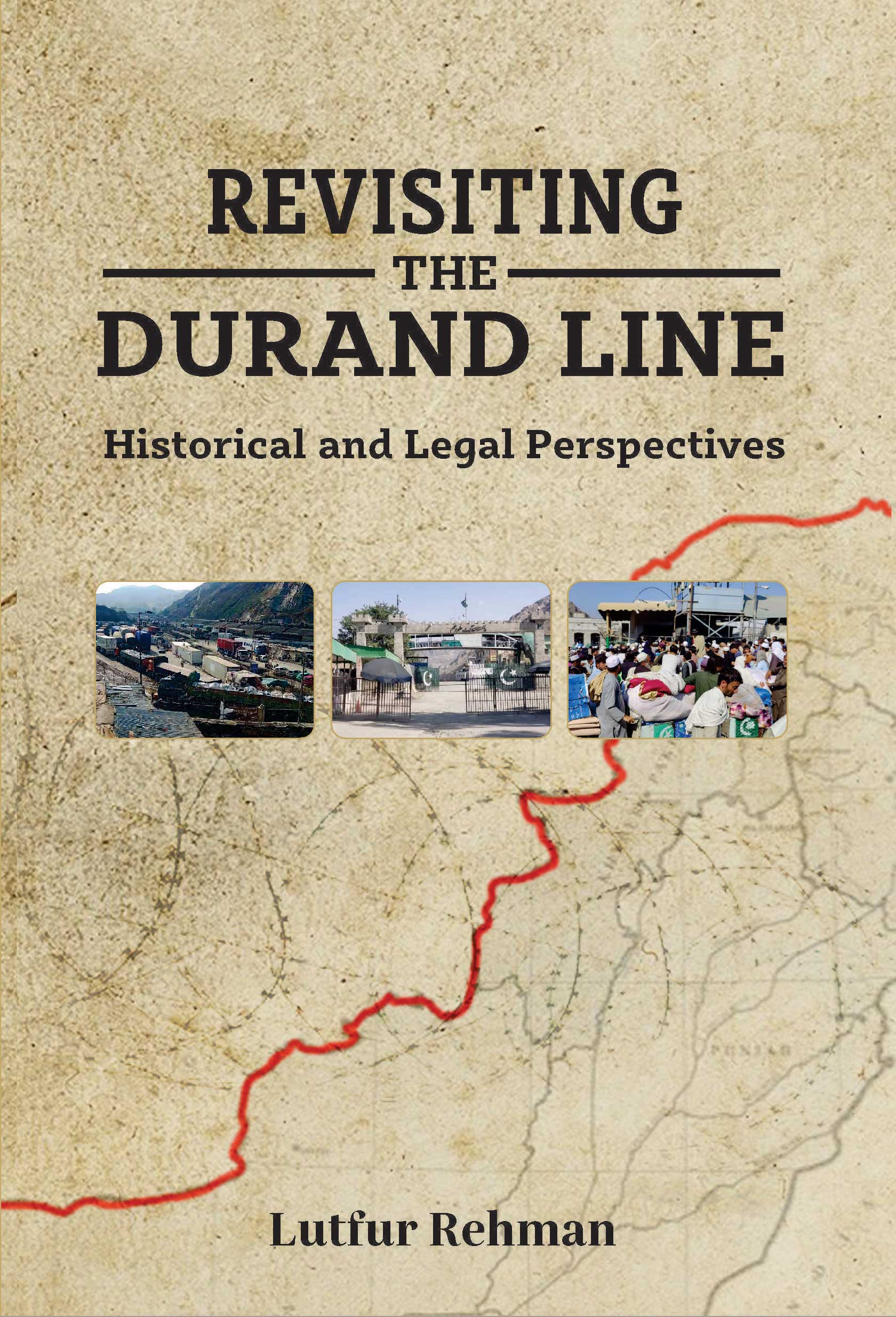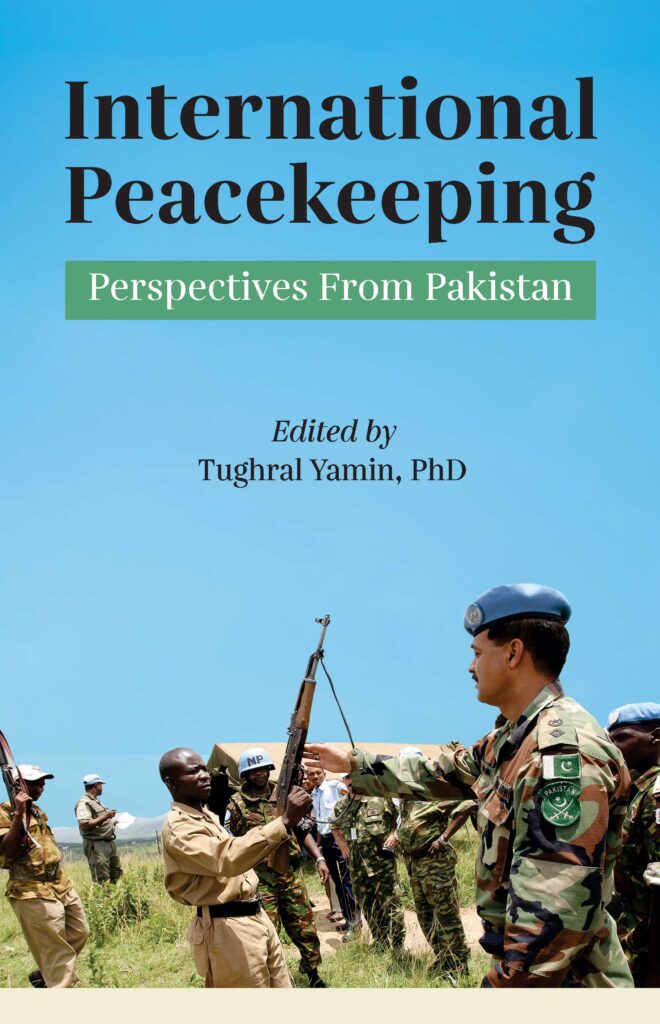Policy, Qanoon Sazi aur Nizam – Abtari, Tashakhus aur Ilaj
(Policy, Legislation and Systems: Development, Diagnosis and Treatment)
|
Author: Professor Khurshid Ahmad E-Flyer | |
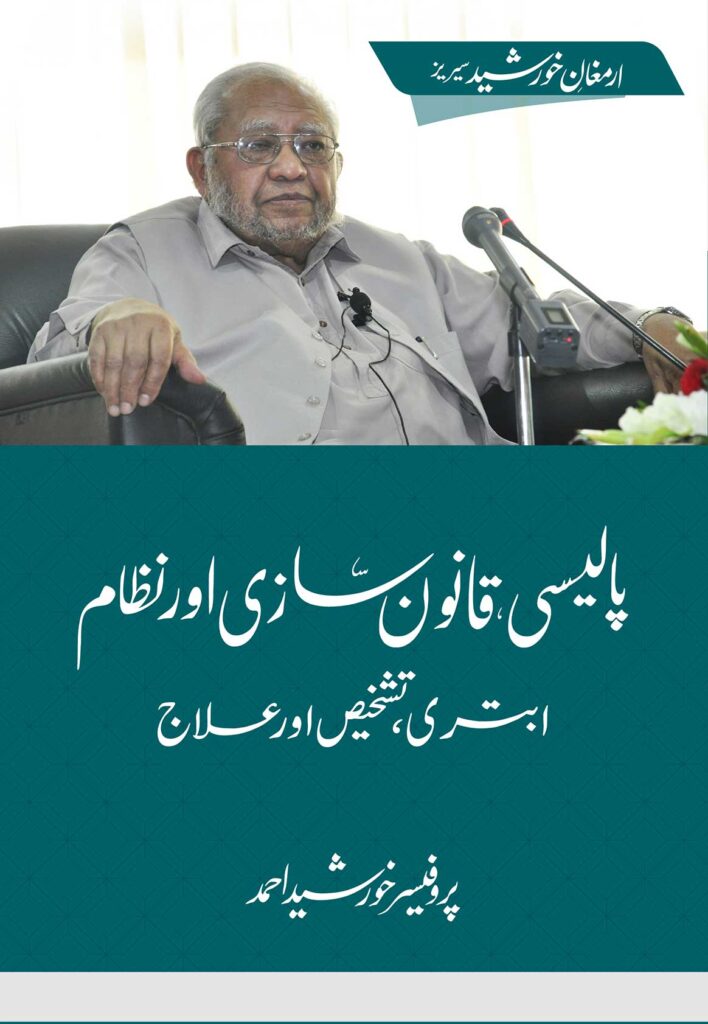
|
About the Book
Transparency and participation of various sections of the society or their representatives in the formulation of any law increases the chances of its acceptance and implementation. The vastness and diversity in the scope of human life has also made it important that every law should be made to be coherent with all other laws as a whole. From the perspective of Islam, not only the legal structure, but the entire state system is created in the light of the Qur’an and Sunnah to achieve the ‘goals of the Shariah’, which include the protection of religion and faith, the protection of human life and honor, and the protection of reason, protection of genealogy and protection of property. In this sense, this point becomes of key importance in the legislation for any community of Muslims. Consisting of eight chapters, this book clarifies how the non-seriousness of the members of parliament affects legislation and its implementation. The second chapter specifically discusses women’s protection law. In the next three chapters, the laws made on various topics in the context of natural calamities, security of human life and law and order situation are discussed. Chapter six deals with discriminatory decisions based on violation of merit and injustice. While the last two chapters are related to commenting on some important events in the field of diplomacy, the behavior of the media and the government’s attitude towards them. This is the tenth book of IPS Press’ series Armughan-e-Khurshid, which contains speeches and articles of Professor Khurshid Ahmad. The series also includes the following publications:
- Pakistan ki Nazriati Asaas: Nifaz-e-Shariyat aur Madina ki Islami Riasat (The Ideological Basis of Pakistan: The Implementation of Shari’ah and the Islamic State of Madina)
- Dehshat Gardi ke Khilaaf Jang: Pak-Amreeka Taa’wun aur uske Asraat (Volume 1) (The War on Terror: Pak-US Cooperation and Its Implications – Vol 1)
- Dehshat Gardi ke Khilaaf Jang: Pak-Amreeka Taa’wun aur uske Asraat (Volume 2) (The War on Terror: Pak-US Cooperation and Its Implications – Vol 2)
- Islam aur Maghrib ki Tehzeebi-o-Syasi Kashmakash (The Cultural and Political Struggle between Islam and the West)
- Aeen – Ikhtiaraat ka Tawazun aur Tarz-e-Hukumrani (Constitution: Balance of Power and the Style of Governance)
- Aeen-e-Pakistan: Inhirafaat aur Bahali ki Jiddojehad (Constitution of Pakistan: Deviations and the Struggle for Restoration)
- Pakistani Maeeshat ki Soorat-e-Haal: Masayel, Asbaab aur Lahia-e-Amal (The State of the Pakistan’s Economy: Problems, Causes and Strategies)
- Balochistan ki Surat-e-Haal: Masayel ki Nauiyat, Asbaab aur Hal (The situation of Balochistan: The nature of issues, causes and solutions)
- Pakistan ka Jamhoori Safar, Parliament ka Kirdar aur Riwayaat (Pakistan’s democratic journey, role and traditions of Parliament)
About the Author
Professor Khurshid Ahmed (born March 2, Delhi) is a renowned thinker, politician, economist, author and researcher, and is one of the few Pakistani personalities to have a global reputation as an advocate for Pakistan and the Muslim Ummah. One of the major facets of his introduction is his long association with the Jamaat-e-Islami. However, he is such an intellectual and leader with whom even those with intellectual and political differences are convinced of his sincerity, scholarship and patriotism. Prof. Khurshid Ahmed remained a member of the Senate for 22 years, excluding a short hiatus, from 1985 to 2012. He had also served as Minister for Planning and Deputy Chairman of the Planning Commission. In 1979, he laid the foundation of the Institute of Policy Studies in Islamabad and served as its chairman until 2021. He is the Founding Trustee of the International Islamic University; Chairman of the Mark Field Institute of Higher Education, Leicester, UK; Board of Governors of the University of Management Sciences, Lahore; and Chairman of the Islamic Foundation, UK. Prof. Khurshid Ahmed has edited and authored more than 100 books in Urdu and English. These books and essays have been translated and published in many languages including Arabic, French, Turkish, Bengali, Japanese, German, Indonesian, Hindi, Chinese, Korean, Persian and others. PhD dissertations in leading universities in Malaysia, Turkey and Germany have been written on Professor Khurshid Ahmad. In recognition of his academic and research services, he was awarded with a PhD in Islamic Economics by the University of Malaya, Malaysia, PhD in literature by Loughborough University, UK, in 2004, and a PhD in education by the International Islamic University of Malaysia. Prof. Khurshid Ahmed was conferred with the highest award by the Islamic Development Bank in 1989 for his valuable contributions to Islamic Economics, while the Saudi government awarded him the Shah Faisal Award in 1990 for his services to Islam at the international level. In addition, in recognition of his services in 1990, the Government of Pakistan awarded him the highest civilian honor, the Nishan-e-Imtiaz.


